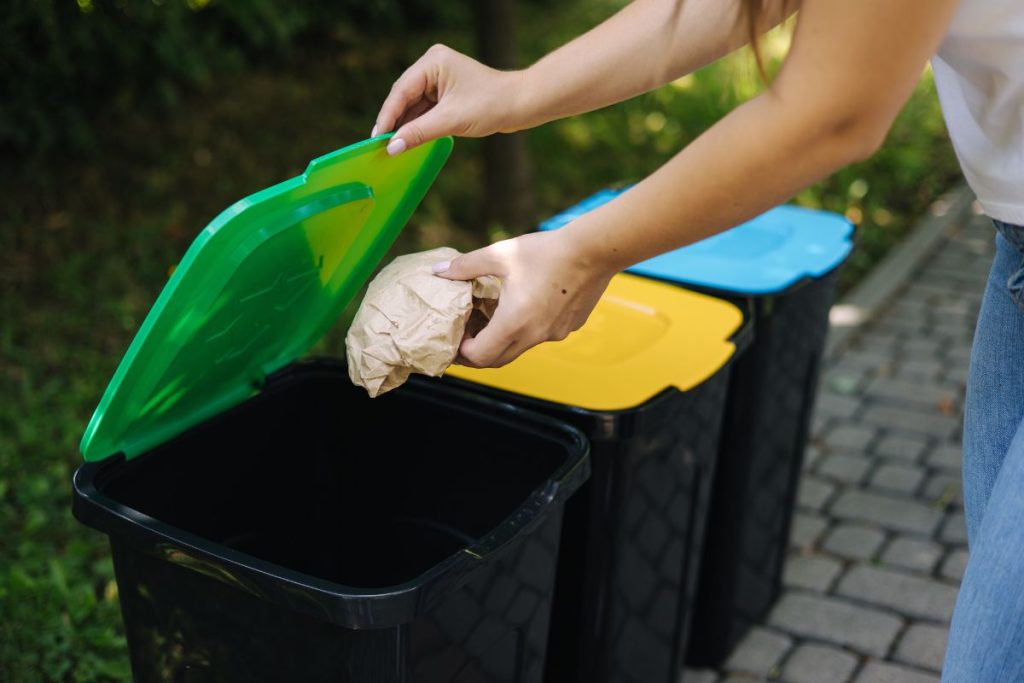When dealing with maggots in a sustainable and eco-friendly manner, there are several effective strategies that do not rely on harmful chemicals or pesticides. One of the most straightforward methods is prevention through proper waste management. Ensuring that garbage bins have tight-fitting lids and are cleaned regularly helps to eliminate breeding grounds for flies, which lay eggs eventually become maggots. Composting food scraps in a well-maintained compost bin with a secure lid also prevents flies from accessing organic waste. Natural repellents such as essential oils can be used effectively to deter flies and consequently prevent maggots. Oils like peppermint, citronella, and eucalyptus are known for their insect-repelling properties. Simply diluting these oils in water and spraying them around trash cans or areas prone to maggots can help keep flies away. Additionally, planting certain herbs like basil, mint, or lavender near entry points to your home can act as natural repellents.

Another eco-friendly method to eliminate maggots is using biological control agents. Beneficial nematodes, for example, are microscopic organisms that feed on insect larvae, including fly larvae responsible for maggots. These nematodes can be introduced into the soil around affected areas to naturally reduce maggot populations without harming other beneficial insects or plants. Maintaining cleanliness and hygiene in and around your home is crucial in preventing maggot infestations. Regularly cleaning kitchen surfaces, floors, and areas where food is prepared or stored helps to eliminate food residues that attract flies. It is also important to promptly clean up spills and crumbs, as even small amounts of food waste can attract flies and lead to maggot problems. For those already dealing with a maggot infestation, mechanical methods can be effective. Using a vacuum cleaner with a hose attachment can quickly remove maggots from surfaces without the use of chemicals. After vacuuming, it is essential to empty the vacuum bag or canister into a sealed plastic bag and dispose of it promptly to prevent any surviving maggots from escaping and re-infesting the area.
Natural drying agents such as diatomaceous earth DE can also be used to eliminate maggots safely. DE is a fine powder made from fossilized remains of algae-like organisms. It works by dehydrating and physically damaging the outer layer of insects, including maggots in trash, causing them to die. Sprinkling DE around areas where maggots are present and leaving it for a day or two before cleaning it up can help eradicate the infestation. Lastly, ensuring that outdoor compost piles are managed correctly is essential in preventing maggot problems. Turning the compost regularly and covering it with a layer of dry leaves or other carbon-rich materials helps to maintain aerobic conditions that discourage flies from laying eggs. Avoid adding meat, dairy, or oily foods to compost piles, as these can attract flies and lead to maggot infestations. By implementing these eco-friendly tricks and strategies, you can effectively eliminate maggots without harming the environment or resorting to harsh chemicals. Prevention, cleanliness, natural repellents, and mechanical or biological controls are all key components of a sustainable approach to managing maggot infestations in and around your home.